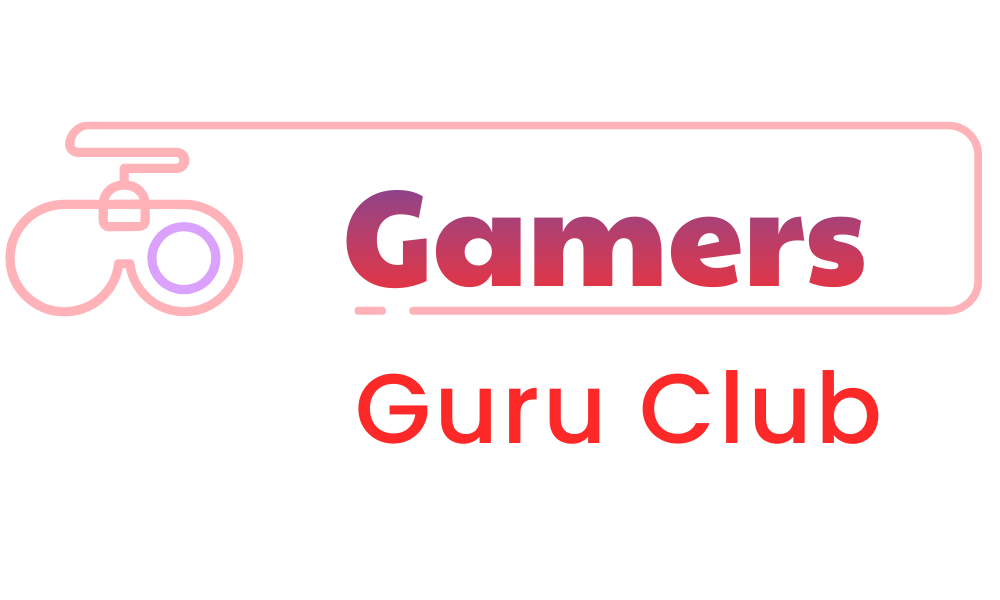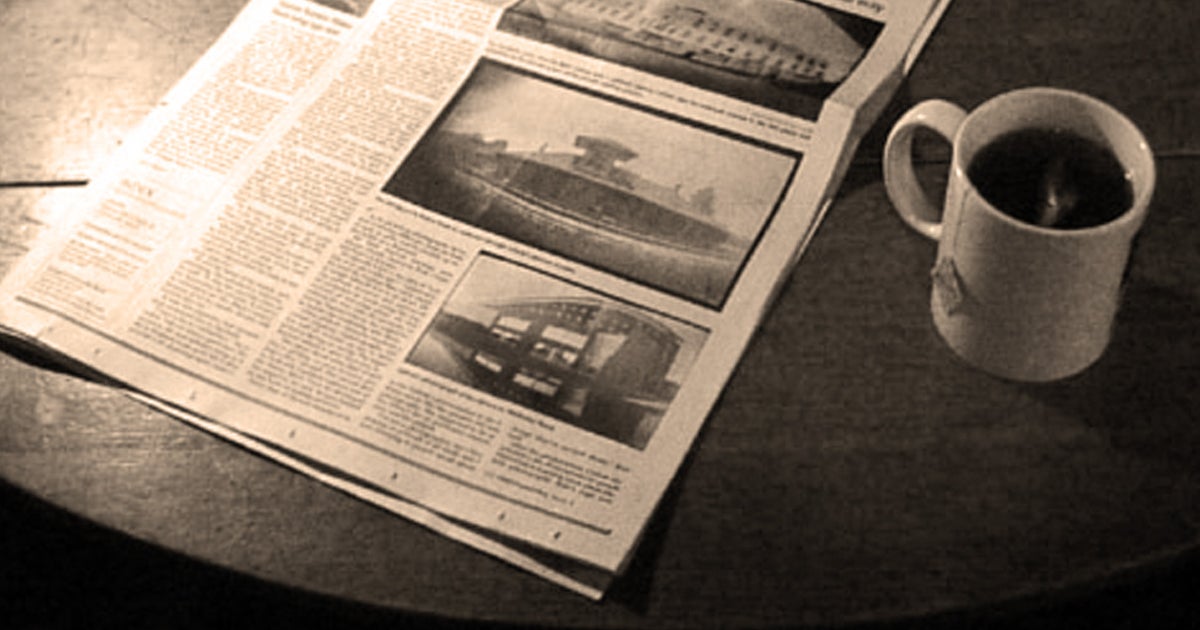The Sunday Papers is our weekly roundup of great writing about (mostly) videogames from across the web.
Sundays are for going to yet another wedding. Before you reach for the smart clothes, let’s read this week’s best writing about games (and game related things).
For IGN, Travis Northup wrote about a Remnant 2 data mining puzzle being solved by unconventional means. A cool story about Gunfire Games popping a secret into the game only data miners could find, with one dataminer called Barut going to serious lengths to unearth it.
“On that discord I met people that kind of were categorizing themselves in few groups: ones that wanted to do it by looking for clues inside the game only, ones that wanted to hack it, ones that wanted to datamine it, and a group like me who couldn’t label ourselves as we were trying to solve it with mix of different angles. It kept being a stronger and stronger obsession to solve it – I would go out and a thought would cross my mind, ‘What if?’ so I said to myself, ‘Okay’, grabbed 15 Red Bulls and got to it.”
Alexis Ong wrote about Diablo 4’s Season Of The Malignant being a hell of her own making for Eurogamer. Great read about live service busywork and succumbing to it all.
I start the season with the general understanding that a lot of classes have been nerfed, with sorcerer taking the brunt of the damage. I make a brand new rogue, and begin levelling via Whispers and side quests and running around to unlock waypoints. When I finally get to World Tier III, I hurl myself into Helltides and world events beyond my ability in the hopes that I’ll get a few decent drops; the “real” grind for some people only starts in World Tier IV, where you farm the gear that actually stays with you (it’s me, I’m one of those people). Being able to bypass the campaign is a blessing and a curse: this is arguably the most well-written Diablo story, but also unfathomably long and questionably paced – I cannot imagine having to do it a fourth time in three months.
Clayton Purdom did a Q&A with Bennett Foddy for EX, all about difficulty in games. Foddy, the dev behind Getting Over It, chats about hard games, his PhD in philosophy, and authorship.
The other thing that my presence in that game does is frame the experience for people. So if I say that people only say QWOP is a difficult game because they carry in this frame where this activity should be easy. But the way we play any game — really come to any kind of art — we carry in a lot of baggage and there’s a lot of conveyance that needs to happen. If somebody is to come out of a David Lynch movie and say, “I thought that was terrible. I didn’t understand any of what happened.” We don’t say “Oh, you idiot,” you know? We say, “That’s okay. You’re not supposed to get it all. It’s meant to be like an onion and you get little threads and it’s a puzzle that you think about and it never really coheres into a narrative or a message or philosophy. It’s supposed to be tangled and and it rewards playful thinking.”
For Kotaku, Ashley Bardhan wrote about the Barbie makeup games that are sadly lost to time. Bardhan argues that they may not have been sensitive or great, but they certainly helped her find strength at a fragile age.
The most important part of any makeup game is that it allows you to change things. While the dolls in games like My Scene: Beauty Studio and Makeover Studio weren’t my carbon copies, I soon understood that they didn’t need to be to become my sisters. I could dye their hair black to identify with them. Or I could use them like a palette for my imagination, picturing the person I wanted to be one day and experimenting with colors on her eyelashes. I could get back at blue-eyed Barbie by giving her atrocious bangs in Snip ‘n Style Salon.
Over on The Guardian, Joanna Pocock wrote about a 2,800-mile trip from Napanee, Ontario, to Los Angeles, California. A piece about the reliance of tech to feed our most basic needs and its intersection with poverty in the US.
That sense of no longer existing flourishes on the road. That sense of escaping the enterprise we call “our life” – that is the pull. Although, for many, their journey is their life. What I found on this trip was a changed landscape: gone are the small, clean, cheap motels in the centre of cities, gone are public spaces where anyone can find a water fountain, a bathroom, a place to nurse a cheap cup of coffee and human company. And yet the camaraderie on the Greyhound is just about hanging on – but I wonder for how long?
Music this week is Another Day by Balu Brigada. Here’s
the Spotify link and YouTube link. An indie-pop delight.
That’s it for this week folks, take care of yourselves and see you next week!


